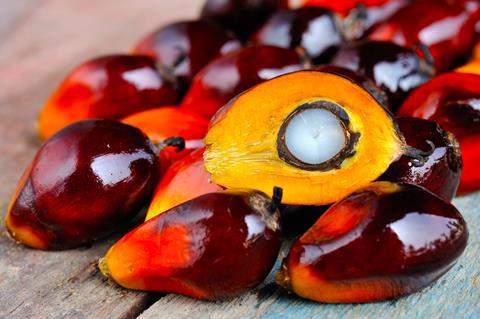
The government’s decision to relax palm oil tariffs as part of its new trans-Pacific trade deal is a mistake as it encourages unsustainable trade, the boss of nut butter brand Pip & Nut has said.
The UK recently entered a multi-nation trade deal that saw it agree to slash tariffs on imports from Malaysia, one of the world’s largest palm oil-producing countries.
The Asian country reportedly got the UK to agree to cut its palm oil tariffs, which currently range up to 12%, to zero as part of the Comprehensive and Progressive Trans-Pacific Partnership (CPTPP).
The move was “unlikely to stem growth or increase the use of sustainable palm oil”, said Pip & Nut founder Pip Murray.
“We think it is a mistake to slash tariffs on palm oil. We should be putting processes in place that encourage the use of alternative sustainable ingredients or the use of sustainable certified palm oil.”
Malaysia is the UK’s second-largest palm oil imports market, with around 15% of supply share. Its palm oil is found in supermarket products from peanut butter to packaged bread and soap.
Deforestation
However, palm oil production has been linked to illegal deforestation and biodiversity loss in countries like Indonesia and Malaysia for many years, forcing western countries to set up sustainable sourcing commitments.
The UK also has a commitment to source 100% credibly certified sustainable palm oil. But palm oil supply chains are sometimes hard to track to farm level, which is how unsustainably produced palm oil can still make its way to supermarkets.
The EU recently approved an anti-deforestation legislation that stops businesses from trading any products linked to illegal forest clearing practices to combat this.
Murray said the government’s decision to open up trade with Malaysia “won’t help drive what we deem a positive movement which is to decline usage or shift to 100% sustainable palm oil”.
“It will require effort by both government and businesses to have the right level of certification and traceability on imports to meet those commitments.
“Fundamentally, we need to be focused on ensuring any ingredients imported or used in consumer products, including palm oil, are not causing deforestation and negative environmental impacts.”
Department for Business & Trade secretary Kemi Badenoch said last month that “you have to make trade-offs” when signing trade deals, and that palm oil was “a great product” and “not some illegal substance”.
A DBT spokesman told The Grocer: “The UK is committed to tackling illegal deforestation within our supply chains, and our agreement to join CPTPP does not change that.
”We will always support the sustainable production of palm oil, and at accession we will publish a joint statement with Malaysia to protect forests.
“Existing UK tariffs on Malaysian palm oil are already low, and the UK accounted for around 1% of Malaysia’s global palm oil exports last year, with deforestation related to palm oil in Malaysia falling 60% since 2012.”







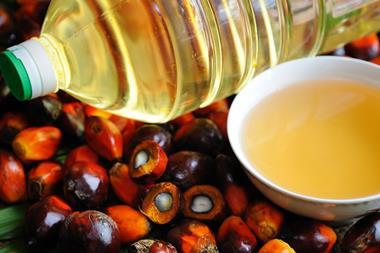
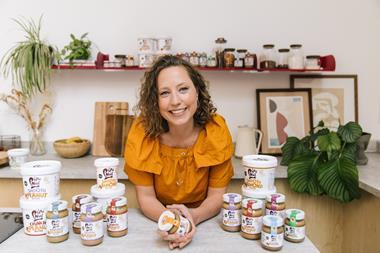
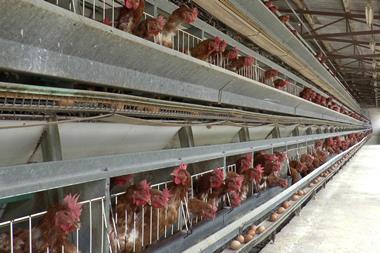
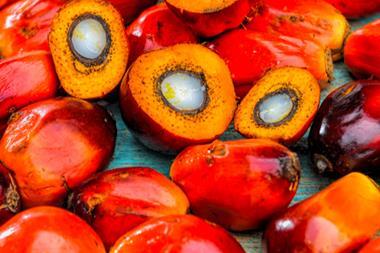
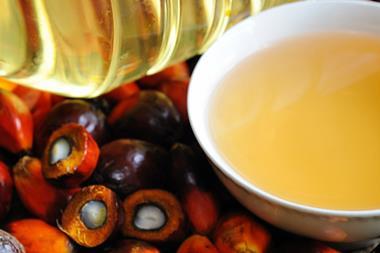







No comments yet